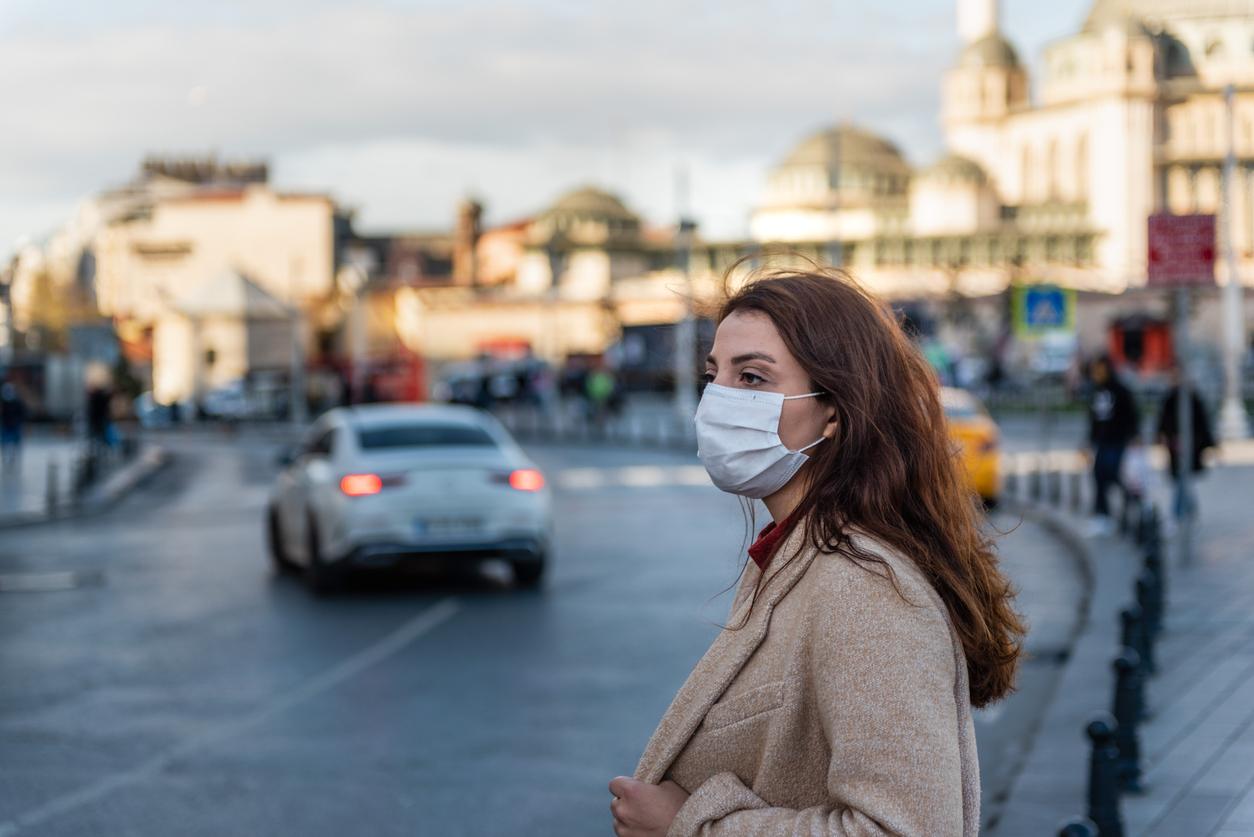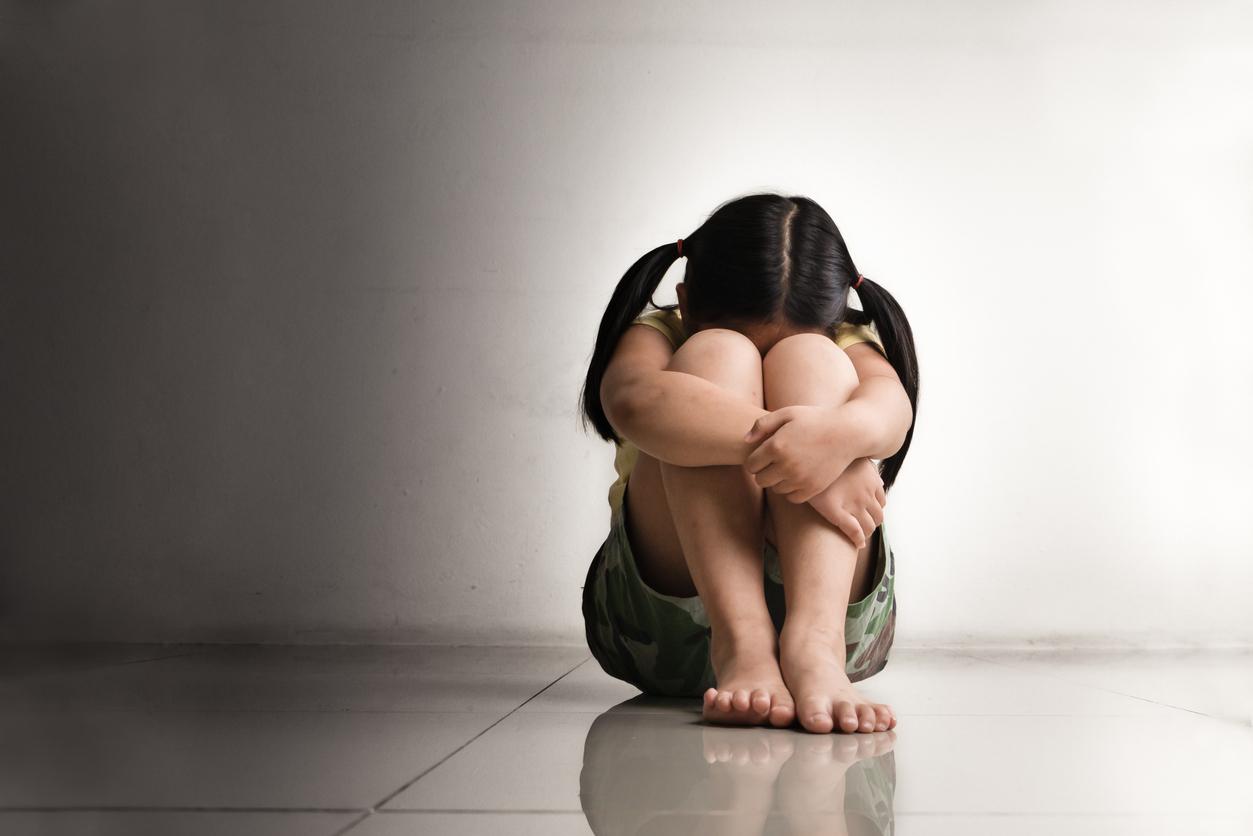A new study confirms the link between exposure to road traffic pollution and the risk of depression in women.

- Several research has shown that women exposed to road traffic pollution is more likely to develop depressive symptoms than men.
- In this new study by 700 women, scientists confirm this association and claim that it is independent of a multitude of socio -demographic and health factors, as well as the characteristics of the menstrual cycle.
- “The results have also shown a significant independent effect of socio-economic status (SSE) and reproductive health factors on the risk of depression,” said Dr Stephanie Faubion, medical director of Society menopause.
“” “It is not a secret for anyone that air pollution, whatever it is, is bad for our health”, Announces the Society menopause in a press release Released this January 22, 2025. However, it would seem that we are not all housed in the same brand: women being more sensitive than men in the face of the risk of depression when they are exposed to road traffic pollution, according to Several works. “” “Several of these studies have confirmed that the closer the distance from traffic, the greater the depressive symptoms, whether the exposure is short or long -term.»
However, research has not shown whether these links are independent of key variables such as socio -demographic factors and global reproductive health. Thus, the new workpublished in the journal Menopausebring us more precise light.
Nearly 700 women in good health and childbearing age participated in the study
To conduct this new study, scientists carried out regression analyzes on nearly 700 women in good health of childbearing age participating in the study on ovarian aging. They found that exposure to road traffic pollution is well linked to depression in women, and that this association is independent of a multitude of socio -demographic and health factors, as well as characteristics of the menstrual cycle.
Vulnerable people accumulate risk factors for depression
“” “This study highlights the link between air -related air pollution (TRAP) and depression in women of childbearing agecomments Dr Stephanie Faubion, medical director of the Society menopause. The results have also shown a significant independent effect of socio-economic status (SSE) and reproductive health factors on the risk of depression. The SSE-depression links are particularly disturbing because the trap exposures are disproportionately weighs on people of the lower SSE, potentially opening the way to a group of risk factors of mental poor health in vulnerable people.»
A few months ago, another study had shown that postpartum women was up to four times more at risk of depression after childbirth than others, when they had been exposed to certain air pollutants (NO2, PM10) during their pregnancy, up to three years after giving birth to their child.















